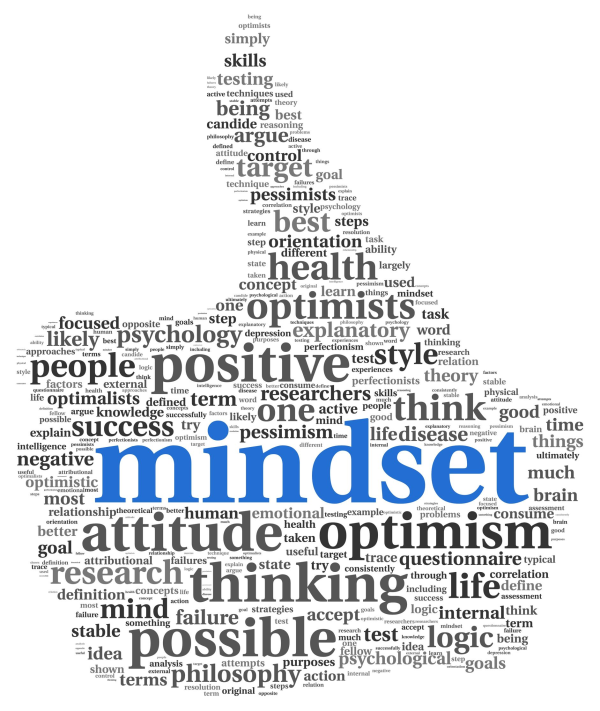Group Drumming: Addressing the Social and Emotional Needs of Students
Are you tired of hearing how behind our students are? The Covid-19 pandemic certainly made an impact on the lives of our students. We are continuing to see the effects it has had socially, emotionally, and mentally in our educational institutions. I have personally witnessed school districts paying large sums of money for digital resources for teachers who address character skills. These digital resources that are being embedded into the curriculum during the school day included but are not limited to videos, playground games, songs, and discussion questions. The resources appear to address the social and emotional concerns of students, but at a closer glance, it is how teachers are using the resources that has this educator waving red flags. Students sitting on a Google Chromebook, completing a lesson about character education is not how to address the social, emotional, and academic concerns of our students. Today more than ever, our students need resources that are fun, engaging, educational, and are intentionally teaching concepts related to their social and emotional well-being.
What if I told you there is a more accessible, reliable, and less expensive way to address the social, emotional, and academic concerns of our youth post-pandemic? Researcher David Akombo (2013) “suggests that Community Music Programs (CMP) can be used effectively as a modality for intervention due to its potential to improve the quality of life and academic achievement in adolescents” (p. 30). Sounds too good to be true?! In this study, Akombo (2013) illuminated the impact a CMP involving African drumming has on generalized anxiety in adolescents. The researcher also investigated the effect of CMP involving African drumming has on academic performance. Researchers studied, 37 students under the age of eighteen from the Utah Public Schools. The participants participated in an African drumming program for eight weeks after school. According to Akombo (2013), upon completion of the CMP, participants experienced reduced anxiety and an improvement in academic performance.
Although this study was provided for students in an after-school Community Music Program, it has the potential and replicability features to be offered through the school’s music classroom during the day. Akombo (2013) states “Any qualified musician and music educator with some form of training in multicultural music education could offer these services to public schools” (p. 31). In addition, drums contain a variety of accessibility features including cost, technique, and age groups. The next time a new online social and emotional learning program is presented, look at it with a critical lens, do your research, and find out what is truly best for the population you serve.





